HF3: Community-Engaged Public Humanities
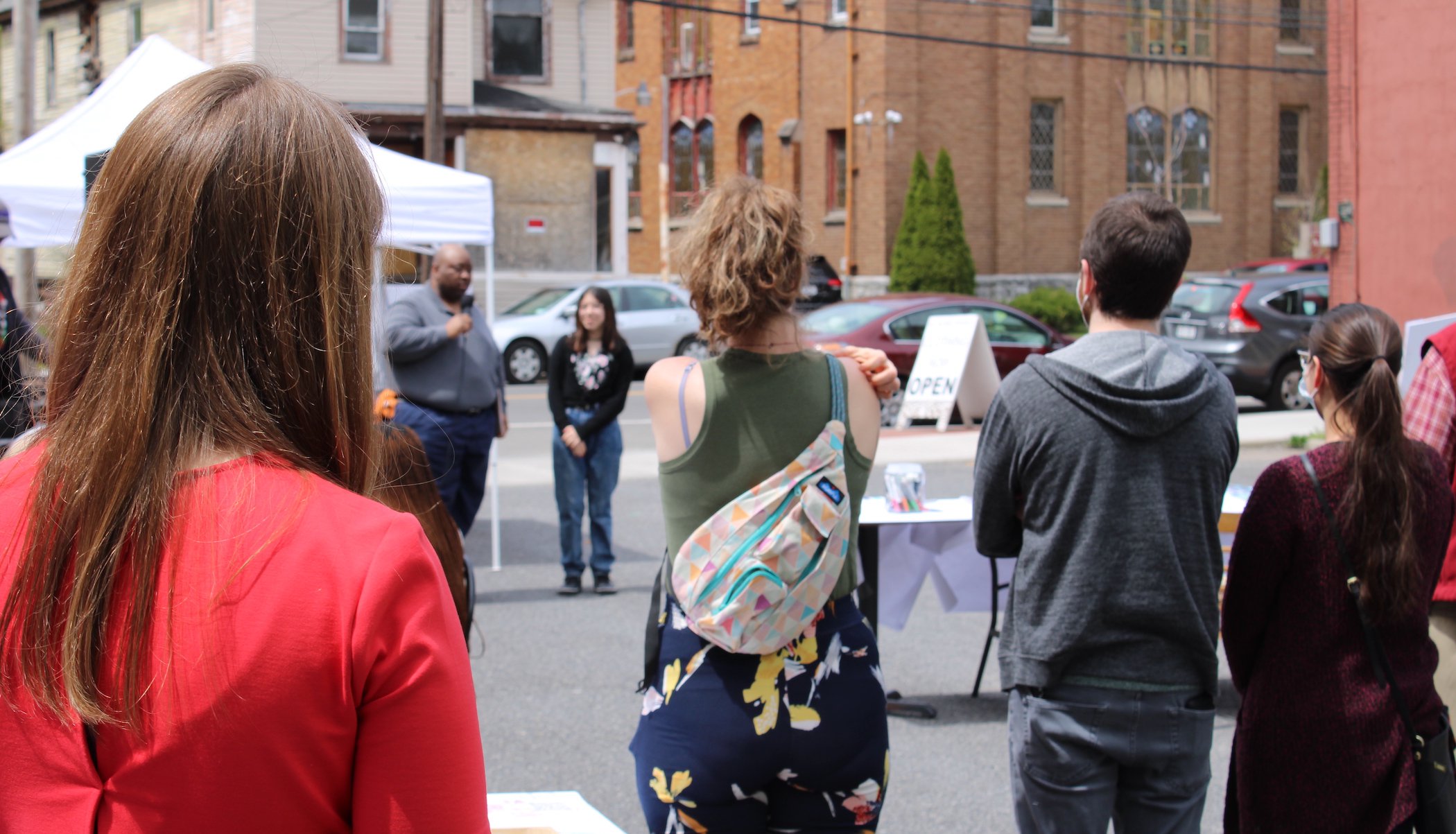
About
In collaboration with community partners, we develop and support: participatory action research; humanities and arts programs; and interventions responsive to current conditions and pressing needs in Central New York and around the world.
Open to New People
Active since: 2019
- Syracuse University
- Cornell University
- Hamilton College
- Rochester Institute of Technology
Collaborative Goals
We focus on publicly engaged humanities research, teaching, and collaboration. The theme of “place” and “place-making” grounds our interdisciplinary and cross-institutional work. Through cross-institutional communication and collaboration, we hope to grow our knowledge and practice of community-engaged public humanities by:
- interconnecting public humanities programs and activities across the Central New York region;
- mentoring undergraduate and graduate students to participate in the conceptualization and execution of publicly engaged scholarship; and
- curating a set of publicly engaged activities and artifacts that can be shared widely across the Corridor network.
Group Organizers
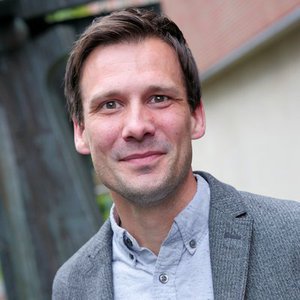
Brice Nordquist
Associate Professor and Dean’s Professor of Community Engagement, Syracuse University
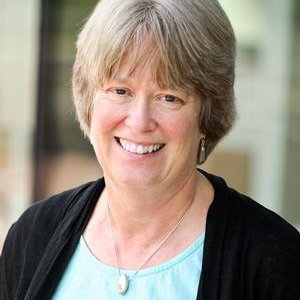
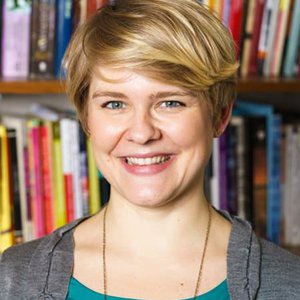
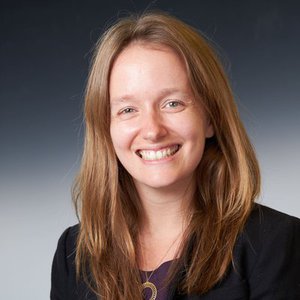
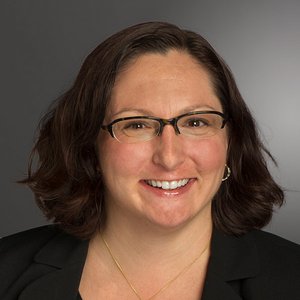

Activities
Data Warriors: Maker Faire Syracuse
May 4, 2024, 10 a.m.
Data Warriors: Maker-Space Field Trip
April 17, 2024, 9 a.m.
Data Warriors Presents: Safe Communitites
Dec. 2, 2023, 2:30 p.m.
Group Outcomes
Community-Engaged Research: Data Warriors
The Syracuse Data Warriors are a youth-centered community-engaged research group that brings together high school students and teachers and university students and researchers. We seek truth about environmental justice through research, education, and advocacy focused on math and mapping.
Data Warriors' Padlet
Data Warriors Investigate Racial and Environmental Justice in Syracuse with Math and Mapping